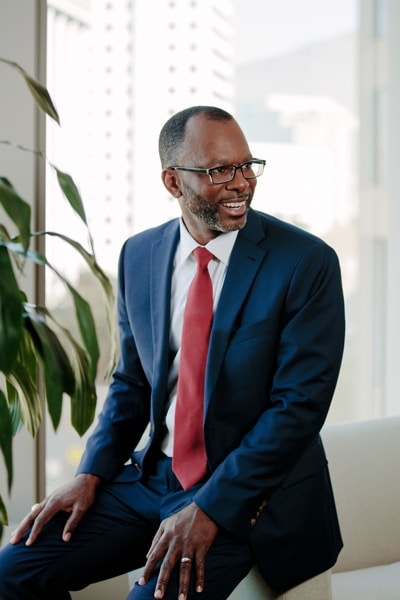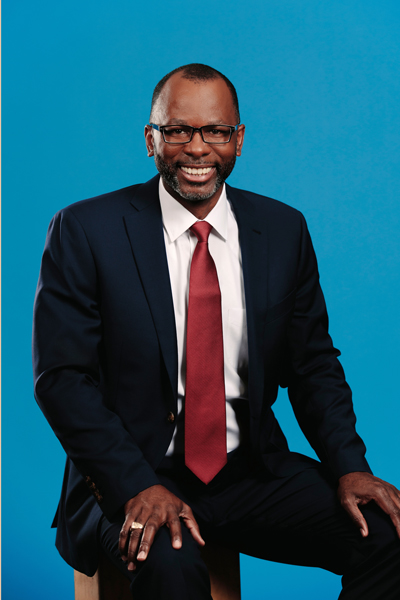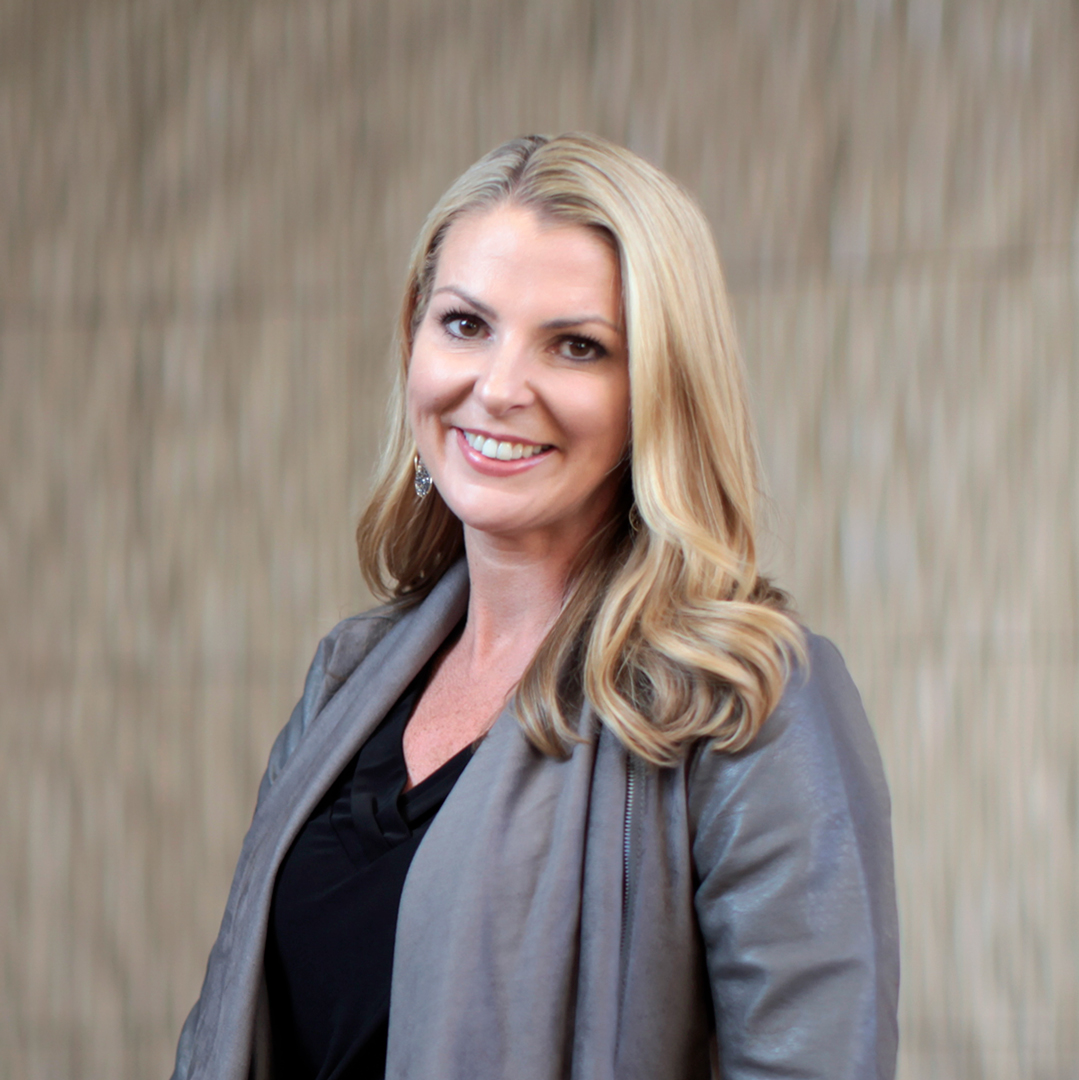For Adrian Butler, technology is key to reimagining and transforming how guests enjoy their dining experiences. “We must ask questions of our guests, our franchisees, and of ourselves to uncover new ideas and approaches to innovation in order to deliver at our best,” says Butler, who is the chief information officer for Dine Brands Global, the parent company of IHOP and Applebee’s Neighborhood Grill + Bar. Butler uses this guiding principle to put the guest at the heart of Dine’s technology innovation and transformation.
“At Dine Brands, people are at the center of our core values,” he says. “The way people feel and their overall experience in and with our restaurants inspire how we design and build technology.”

Butler is transforming technology from a function within the organization to a critical business component which drives guest loyalty and contributes to franchisee profitability. “When I first came into the restaurant industry, it was underserved by technology,” Butler explains. “I felt that I could play a big role in not only transforming my organization, but also helping to reshape the entire industry.”
As a CIO, Butler has a unique and broad view of the organization, which helps him to identify opportunities and business needs. No longer are CIOs simply charged with managing infrastructure or providing back office services—they are essential leaders operating at the center of the organization. “CIOs sit at the cross section of every business decision,” he explains. “They identify opportunities, risks, and provide overall business solutions—not just IT.”
His vision for technology leadership sprouted roots at an early age on his family’s farm, where he learned that at the center of any flourishing enterprise is valuing people and hard work. “Growing up on a farm, everyone pitches in and I was taught that everyone is valuable, regardless of their role,” he says. It was an early introduction to the importance of teamwork and being open to doing what’s needed to get the job done.
“I encourage my team to be open to learning new skills and working outside of their comfort zone,” he adds. “It’s a valuable tenant I learned at a very young age and is the foundation of my view on leadership.”
Butler recalls a pivotal moment in which the possibilities of technology struck a chord. “When I was about ten years old, I remember seeing the power of technology on a television commercial,” he said. “It was to announce the creation of a global IT company called Unisys Corporation, which combined Burroughs and Sperry Corporation. I saw the excitement of what this merger could create, and it planted a seed of curiosity for technology.”
He figured out that the path from farm fields to discovering the world was to earn a bachelor’s degree in computer science from Grambling State University, where he joined the US Air Force ROTC program, and upon graduation was commissioned as second lieutenant in the US Air Force, ultimately achieving the rank of captain. “The notion of servant leadership was born while I served in the military and had a profound impact on my career,” he said. “The Air Force exemplified a model of leadership and people development that resonated with me and gave me the tools to lead, develop, and partner with people to achieve extraordinary results.”

Later he earned an MBA and a doctorate in management, which supported an impactful career in leading large organizations through major technology transformation. Today, Butler shares the expertise he’s cultivated as a member of the board of directors for Potbelly Corporation and Capella University, as well as a member of the board of advisors for Collins College of Hospitality Management at California State Polytechnic University.
Similar to farming, technology is about establishing a strong foundation for growth while being agile and flexible to make changes quickly and with precision. “The value in technology comes from when we use it to solve real world problems for real people, while still giving us the connections necessary to what we all need to feel part of a community,” he explains.
From the back of house to the front of house, technology enables IHOP and Applebee’s restaurants to create a frictionless, enjoyable experience. “Our franchisees, and their needs are dramatically different today than five years ago,” Butler says. “This is largely driven by consumer expectations and how they view the use of technology in their daily lives. Our goal is to be where they are, remove friction, and make it easier for guests to choose us.”
“It’s not enough to simply meet guest expectations in this industry. We must wow them and exceed their expectations,” he continues. “Technology enables us to put the power of choice and convenience in their hands by delivering a completely integrated experience, be that in our restaurants or through our various digital channels.”
Butler explains that empowering the organization to think beyond the bits and bytes of technology to how it drives value creation, impacts our guests and our restaurants is the best part of the job. “We are contributing to making people’s lives simpler and better each and every day.
“It’s an exciting time for technology in this industry,” he continues. “We are experiencing a transformation in which IT is moving beyond a tactical function to a business imperative. Dine Brands is leading this charge by pushing the boundaries to deliver technology and a best-in-class user experience that will propel our business.”

